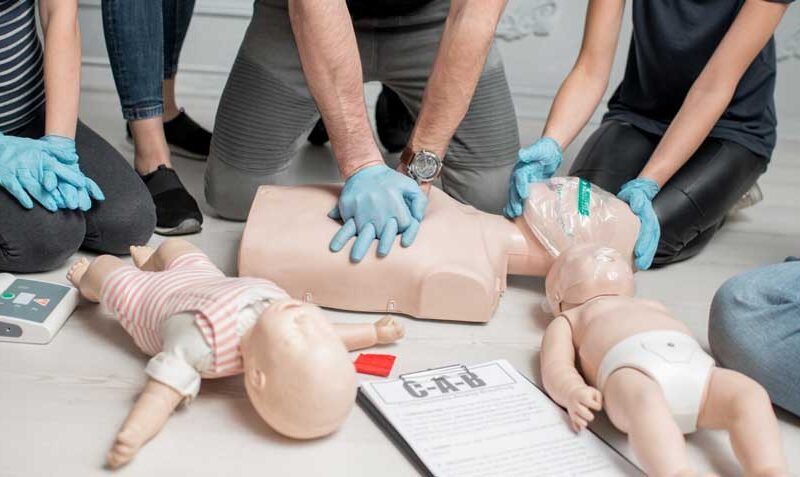When we think about our pet’s overall health, we often focus on their diet, exercise, and grooming. However, one crucial aspect that frequently gets overlooked is dental care. Just like humans, pets require regular oral hygiene to prevent issues such as gum disease, tooth decay, and even life-threatening infections. Understanding the importance of pet dental care is key to ensuring your furry friend enjoys a long, healthy, and happy life.
Why Is Pet Dental Care Important?
Dental disease is one of the most common medical conditions affecting pets. According to veterinary studies, over 80% of dogs and 70% of cats show signs of dental disease by the age of three. Without proper care, these dental issues can progress into serious health problems.
Neglecting your pet’s dental hygiene can lead to:
- Bad Breath:Persistent bad breath can be a sign of gum disease or tooth decay.
- Tooth Loss:Untreated dental issues can cause teeth to become loose or fall out.
- Pain and Discomfort:Oral discomfort can significantly affect your pet’s quality of life, making it hard for them to eat or play.
- Organ Damage:Bacteria from the mouth can enter the bloodstream and damage the heart, liver, or kidneys.
Common Dental Problems in Pets
Knowing the potential dental issues your pet may face can help you take proactive steps to prevent them. Common dental problems include:
- Plaque and Tartar Buildup:Bacteria naturally accumulate in a pet’s mouth. Without regular cleaning, plaque hardens into tartar, which can cause gum irritation and infection.
- Periodontal Disease:This advanced gum disease results from prolonged plaque and tartar buildup, potentially leading to tooth loss and severe pain.
- Tooth Fractures:Pets can break their teeth by chewing on hard objects, which can expose nerves in painful ways.
- Oral Tumors:In rare cases, pets may develop abnormal growths inside their mouth that require veterinary attention.
Signs Your Pet Needs Dental Care
Since pets can’t tell us when they are experiencing dental pain, it’s essential to watch for these warning signs:
- Bad breath (often the first noticeable symptom)
- Difficulty eating or loss of appetite
- Drooling excessively
- Swollen, red, or bleeding gums
- Discolored or broken teeth
- Pawing at the mouth or face
If you notice any of these symptoms, schedule an appointment with your veterinarian for a thorough dental examination.
How to Care for Your Pet’s Teeth
Proper pet dental care involves a combination of home maintenance and professional veterinary cleanings. Here are the best practices for keeping your pet’s teeth healthy:
-
Regular Brushing
Brushing your pet’s teeth is one of the most effective ways to prevent plaque buildup. Use a soft-bristled toothbrush designed for pets and toothpaste formulated specifically for animals. Aim to brush your pet’s teeth at least 2-3 times per week.
-
Dental Treats and Chew Toys
Many dental treats and chew toys are designed to reduce plaque and tartar while satisfying your pet’s natural urge to chew. Look for products approved by the Veterinary Oral Health Council (VOHC).
-
Routine Dental Exams
Annual veterinary check-ups should include an oral examination. Your veterinarian can assess your pet’s dental health and recommend professional cleanings if needed.
-
Professional Dental Cleanings
Veterinary cleanings involve scaling to remove plaque and tartar, followed by polishing to smooth the tooth surface. These cleanings are typically performed under anesthesia to ensure your pet remains calm and comfortable.
-
Dental Water Additives
Water additives are easy to use and can help reduce bacteria in your pet’s mouth. These solutions work as a mouth rinse and can be added directly to your pet’s water bowl.
Breed-Specific Dental Needs
Some pets are more prone to dental issues than others. Understanding your pet’s unique needs can help you stay proactive in their dental care:
- Small Breeds:Dogs such as Chihuahuas, Dachshunds, and Yorkshire Terriers are more susceptible to dental disease due to crowded teeth and shallow roots.
- Brachycephalic Breeds:Flat-faced breeds like Bulldogs and Persians often experience misaligned teeth, increasing their risk of plaque buildup.
- Older Pets:Senior pets are more likely to experience gum disease, tooth loss, and oral infections, making routine dental care even more critical.
Preventing Dental Problems Early
Preventive care is the key to ensuring your pet’s dental health remains optimal. Follow these tips to prevent common dental issues:
- Introduce dental care habits early in your pet’s life to help them get comfortable with brushing and oral exams.
- Provide your pet with a balanced diet designed to promote oral health.
- Avoid giving your pet bones or overly hard treats that can break their teeth.
Final Thoughts on Pet Dental Care
Maintaining your pet’s dental hygiene is essential for their overall well-being. By incorporating proper pet dental care practices into your routine, you can help prevent painful conditions and costly treatments down the line. Remember, healthy teeth lead to a happier, healthier pet.
If you’re unsure how to start your pet’s dental care routine or if your pet is showing signs of dental issues, consult your veterinarian. With consistent care and attention, your beloved companion can enjoy strong, healthy teeth for years to come.










